KANAL. Andrzej Wajda’s Outstanding Masterpiece
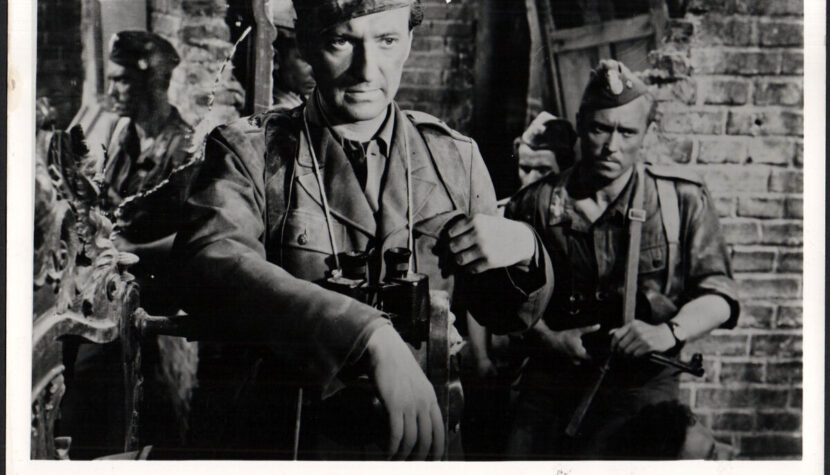
The special brilliance of this 1957 classic is even more striking when compared with the contemporary Katyn a very good film, but nowhere near the stifling air of Warsaw’s sewers…
The pompous introduction has its reason, which, in my opinion, is not trivial. For some time now, browsing various internet forums and reading the bold statements of shy, often young, internet users, one can notice a peculiar quality of disdain for Wajda. Master for the critical old elites and for himself, boring, not spectacular, and so on, quite rhythmically and boldly. And yet, this man deserves a monument and a street in every city, not to mention respect for his extraordinary talent! I shudder at not allowing something like “taste” to be voiced – never mind the film itself, which may or may not be liked – but it is somewhat criminal not to appreciate the significance of Wajda’s films; their significance in the history of Polish cinema. Kanal
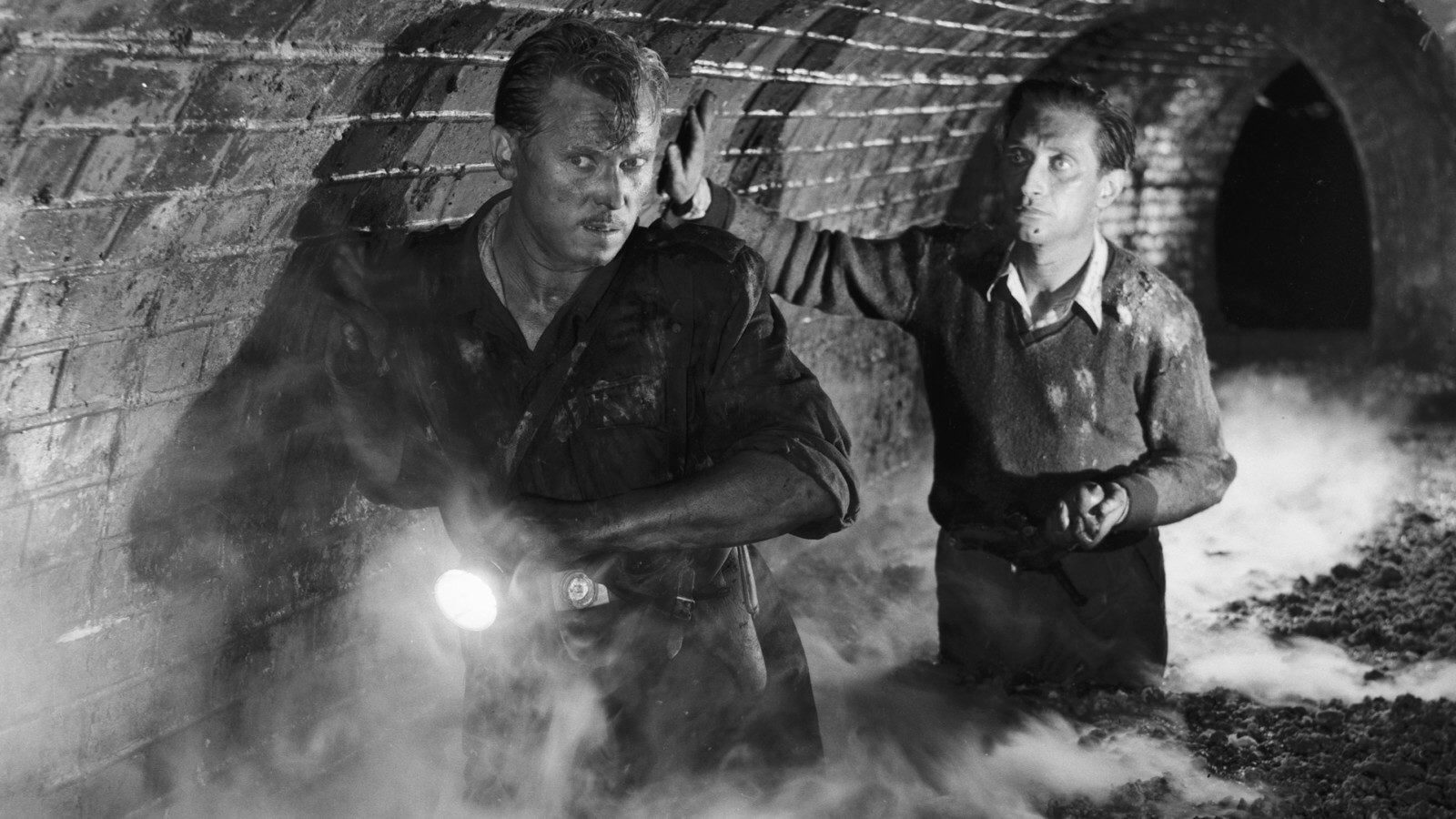
It is not enough to say that these were important works – because that’s a popular slogan, and it cannot end there, it would be critical authoritarianism. The impact of the images was not limited to Poland but was heard worldwide, and it was not just a marketing-financial success – Wajda’s ennoblement was linked to the quality of the works and the courage of the director in dealing with the uncomfortable matter of Polish history, politics, and customs. I am not old, but a sentimental verse “It was better, braver, more interesting, more innovative back then…” comes to mind, which can be continued endlessly. It also makes no sense to list Wajda’s filmography because it is too long, and every one of his works is at least good, and most often excellent.
I apologize for the slight pomposity, but it makes my blood boil when I encounter nonsense like “Wajda is finished.” For most, he hasn’t even started because too many people shamelessly avoid film classics – not only Wajda’s – and such judgments speak more of intellectual laziness (read: stupidity) than of familiarity with the work of the author of Kanal.
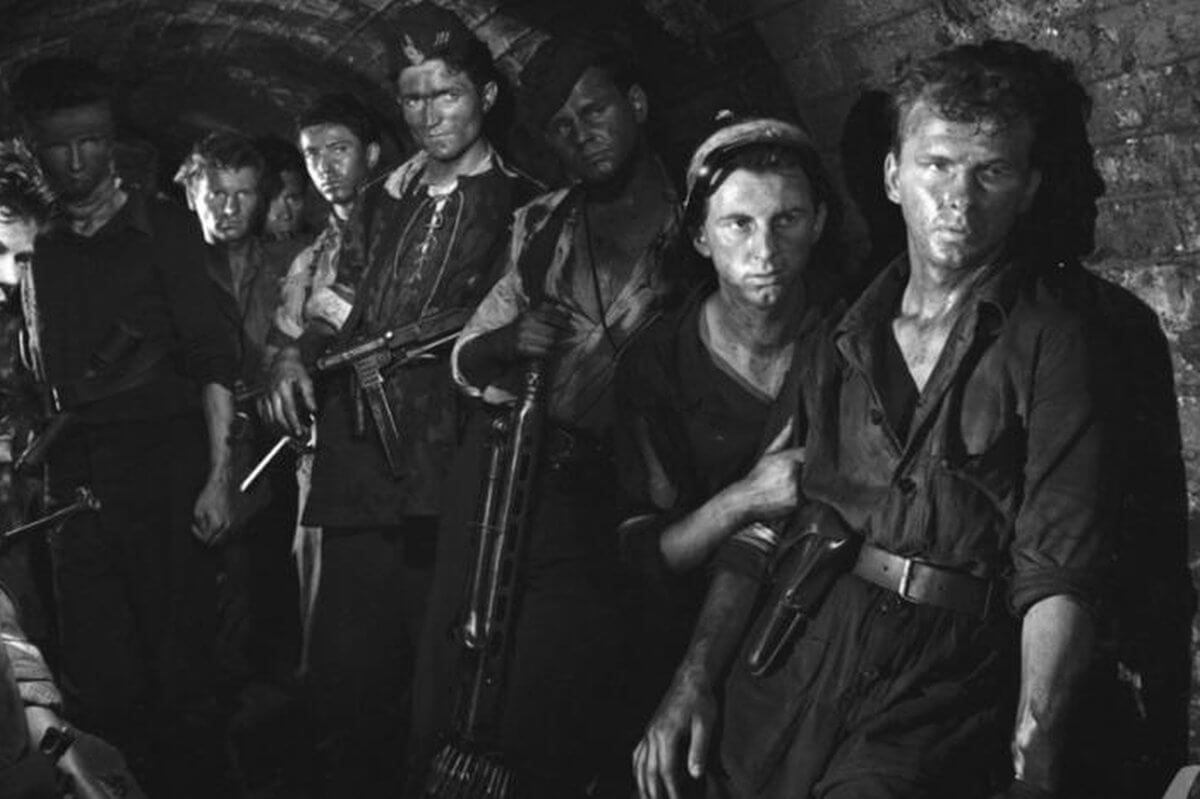
Andrzej Wajda, in the hopelessness of war, could not convey the truth of those cruel times because, first of all, he was not a participant in the events, and secondly, he was only a novice director boldly dealing with factual literature – only that and so much. For this reason, the director called himself a conscious liar – for no one can truly say what war is; the truth about it is hidden in the personal drama of the insurgents, in human tragedy. After all, it’s not about bullets whistling, bombs falling from the sky, buildings collapsing, bodies falling thick. These are just more or less special effects – war is in the human being, it marks him with an indelible stigma, deprives him of values, ideas, and beliefs that he supposedly held eternally. In Kanal but also in the later Ashes and Diamonds, and indeed throughout Wajda’s filmography, it is the human – his emotions, sentiments, feelings, happiness, and disappointments – that is most important.
Made in 1957, Kanal, based on a story by Jerzy Stawiński, began a painful reckoning with the wartime past. It is a picture of a world where one comes to die among the ruins of the capital and flowing sewage (the sewers were built in the Łódź studio, and one must admit that the quality of this set design is overwhelming). For this reason, the film was received very negatively because the authors of the first film about the Warsaw Uprising were expected to at least pay homage to the heroism of the hundreds of thousands who died, not to mention consolation and praise for the indomitable Polish heroism.
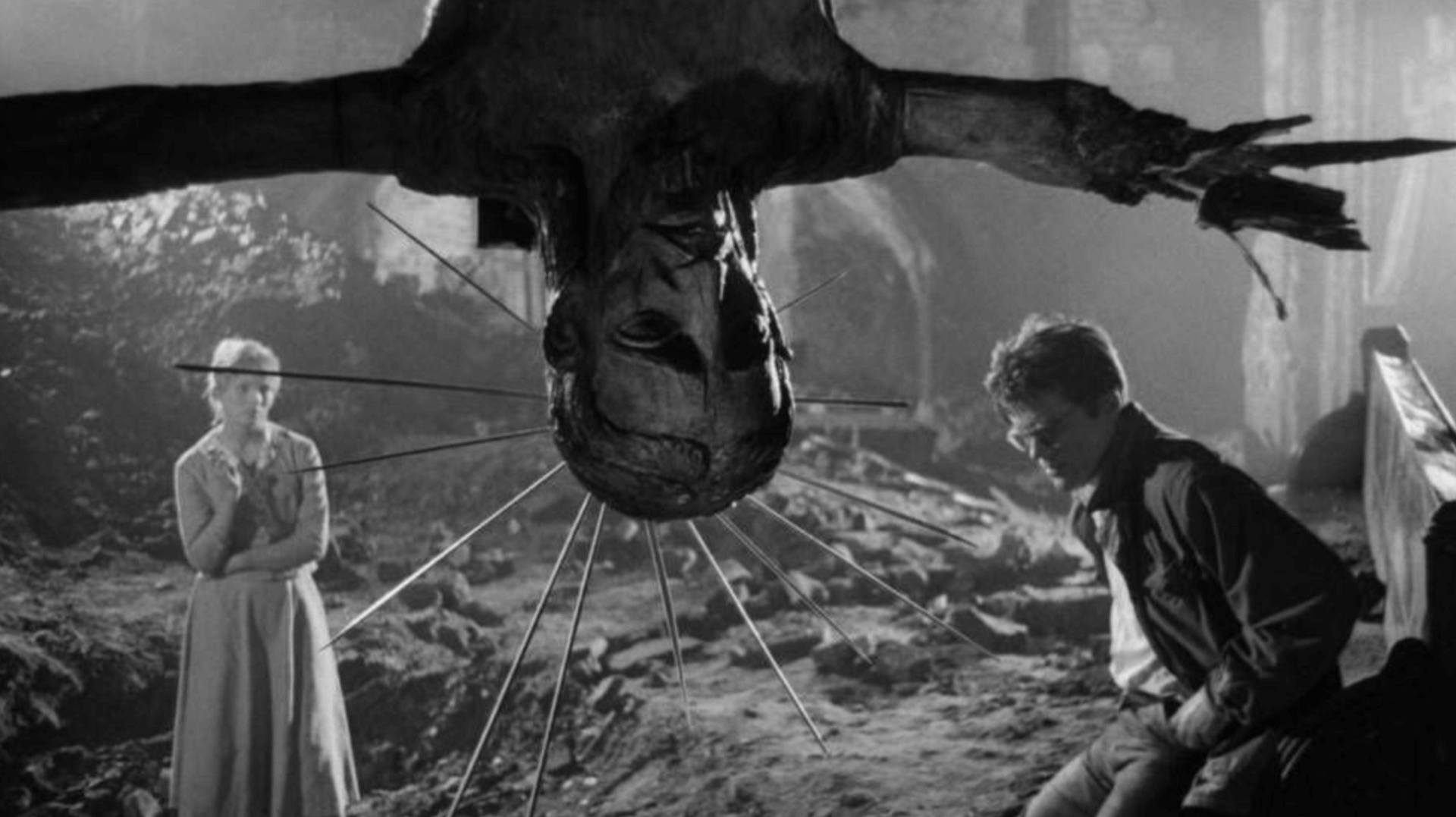
This film could not satisfy them. They had already licked their wounds, mourned their loved ones, and now they wanted to see their moral and spiritual victory, not death in the sewers – said Andrzej Wajda about the insurgents in his autobiography. Instead of a pompous glorification of the patriotic uprising, a tragic vision was presented – from the first scenes, the narrator’s voice announces the death of a group of soldiers. It was not disdain for the insurgents’ sacrifice nor a stubborn look at the lost fight, although this was how the film was received in the Polish press. General admiration, and above all, recognition for the bold artistic vision, came with the enormous success of Kanal at the Cannes festival. The film was immediately recognized as a masterpiece, being the main favorite for the Palme d’Or but eventually won only the Silver (tied with Bergman’s The Seventh Seal, the main prize undeservedly went to the American Friendly Persuasion). The Western audience paid attention to the historical aspect of the film, but unlike Polish viewers, whose attention was focused on the collective image of the uprising, they appreciated the universal character of the picture.
For the controversial vision was nevertheless a tribute. A bit contrary, a bit against the “reason of state,” but Wajda did express admiration for the defenders of lost positions, desperate, frightened, drowning in excrement, but still fighting to the very end. Such heroes died not only in Poland but also in France, Russia, Holland, throughout Europe. Even in Germany, because it is foolish to think that it was a nation of exclusively oppressors.
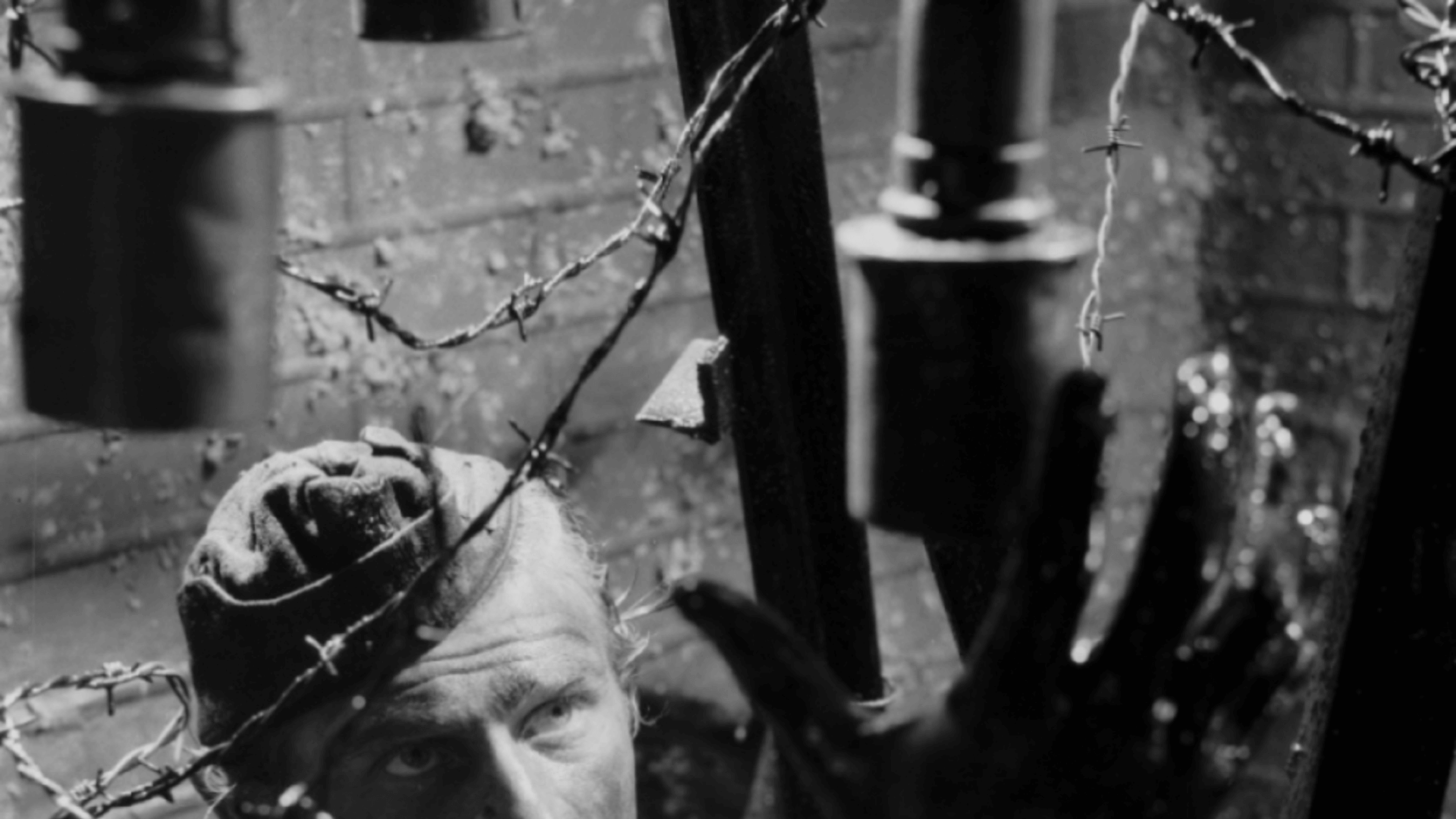
The first scene – a group of fighters traversing the ruins of Warsaw. Probably a few soldiers, a few civilians, maybe some scouts, maybe accidental participants in the Uprising. German, Polish, Soviet uniforms; dirty T-shirts, stretched sweaters, torn jackets, worn coats. The city in ruins, and among the ruins similarly destroyed people. An atmosphere like a dream – they pass a grand piano, a stylish chair, a fragment of a beautiful pre-war tenement, and an Art Nouveau villa with incredible interior opulence. And soon they are accompanied by Chopin’s Funeral March, and a hail of bombs, and shots from nowhere. Later, moments of despair, flashes of faith, someone’s death, a groan, laughter, crying, and screaming. And a sea of people heading for the stinking sewers, at the end of which salvation supposedly awaits. One can hear love confessions in the mire, see children on the barricade, and through the walls of the sewers comes the last breath of those dying of suffocation.
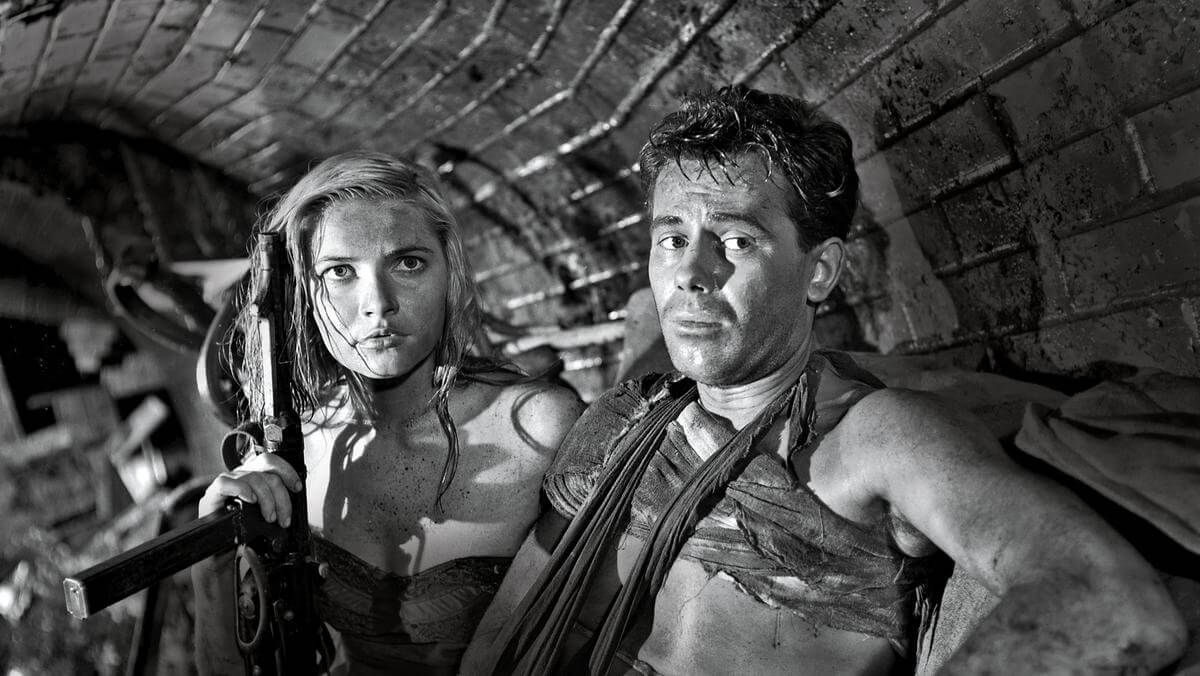
And as pompous as it may sound, Wajda, with this scenery and atmosphere, paid homage to those who slowly died among the ruins and in the sewers. It was not as Alexander Ford (the one from Knight of the Teutonic Order), the court director of early Communist Poland, prophesied, who opposed the film’s realization, explaining that (…)people will see their loved ones who died like rats, and the question will arise, what did “those” on the other side of the Vistula do. Did he want to deny that they indeed died like rats, making their last attempts to escape the trap? Is it not true that the Soviet troops waited in the vicinity of Praga for the city to be emptied and its inhabitants to perish? Kanal is a tribute to those who had no other choice but to carry out the so-called heroic act – to the very end, to their own death, even naively and romantically. And not in the name of the nation, God, Poland, or future generations, but for loyalty to themselves, to the duty they took upon themselves.
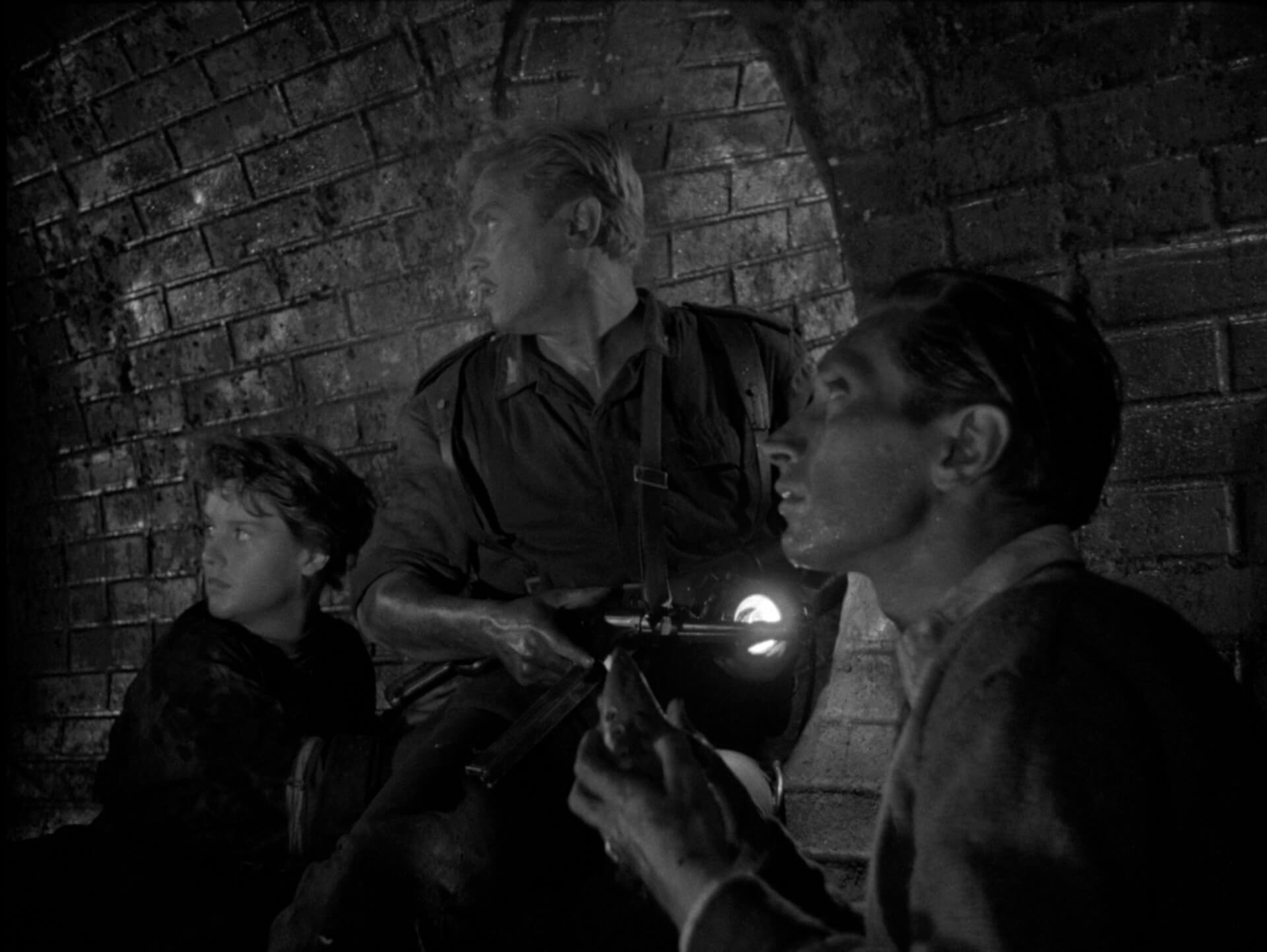
The culmination of Kanal – three strong final accents – are like salt poured on a bleeding wound. After the first part, somewhat reportage-like, it is time for the apocalyptic and individualized journey of the heroes. All those on whom Wajda focused his attention descend into the stinking tunnels, trying to get from Mokotów to Śródmieście. One of the heroes recites lines from Dante’s Inferno:
“Where we stand, in the very depths of the pit
I see a people steeped in filth,
As if from all the world’s sewers…”
This time it is not a dream but a journey through hell. With no place for Heaven, and if stubbornly pursued, it can only be found in the dreams of those condemned to death. But it does no good, for that grate at the end blocking the exit is like a slap in the face, and the slow death of Cadet Korab and Stokrotka will neither redeem nor save anyone. Lieutenant Mądry will be shot by the Germans against a wall. Lieutenant Zadra, in despair, kills one of his soldiers, then collapses back into the sewers, knowing he will share the fate of the already dead or remaining warriors.
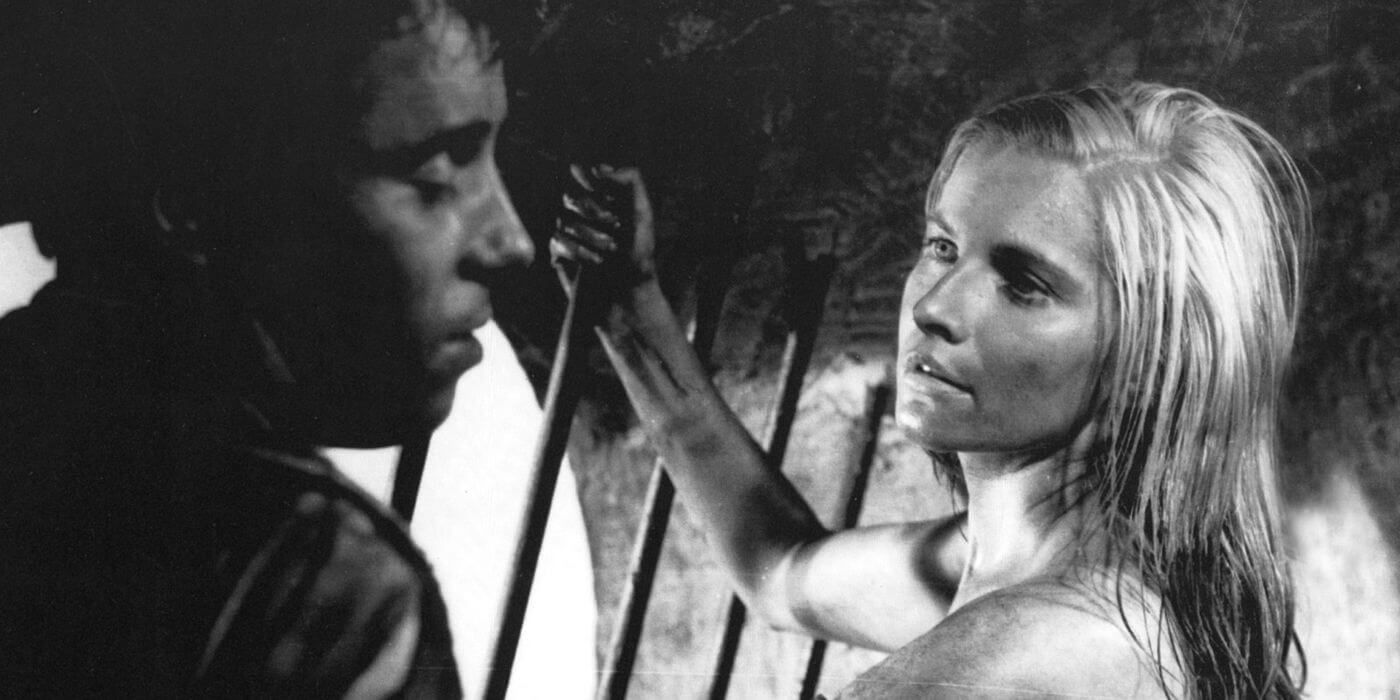
The Dantesque vision mercilessly suffocates the hope in the heroes – the uprising was drowned in excrement. Despite their heroic effort – they lost. Those who survived can lick their wounds; those who fought after them can remember and point out mistakes.
Kanal is great. For although extremely pessimistic, it does not leave the viewer with a sense of absolute hopelessness – soldiers pushed into the darkness and stench of the sewers die, but Wajda expresses admiration for these disappointed warriors tossed by fear and despair. Without pathos and realistically. Outstanding cinema!

